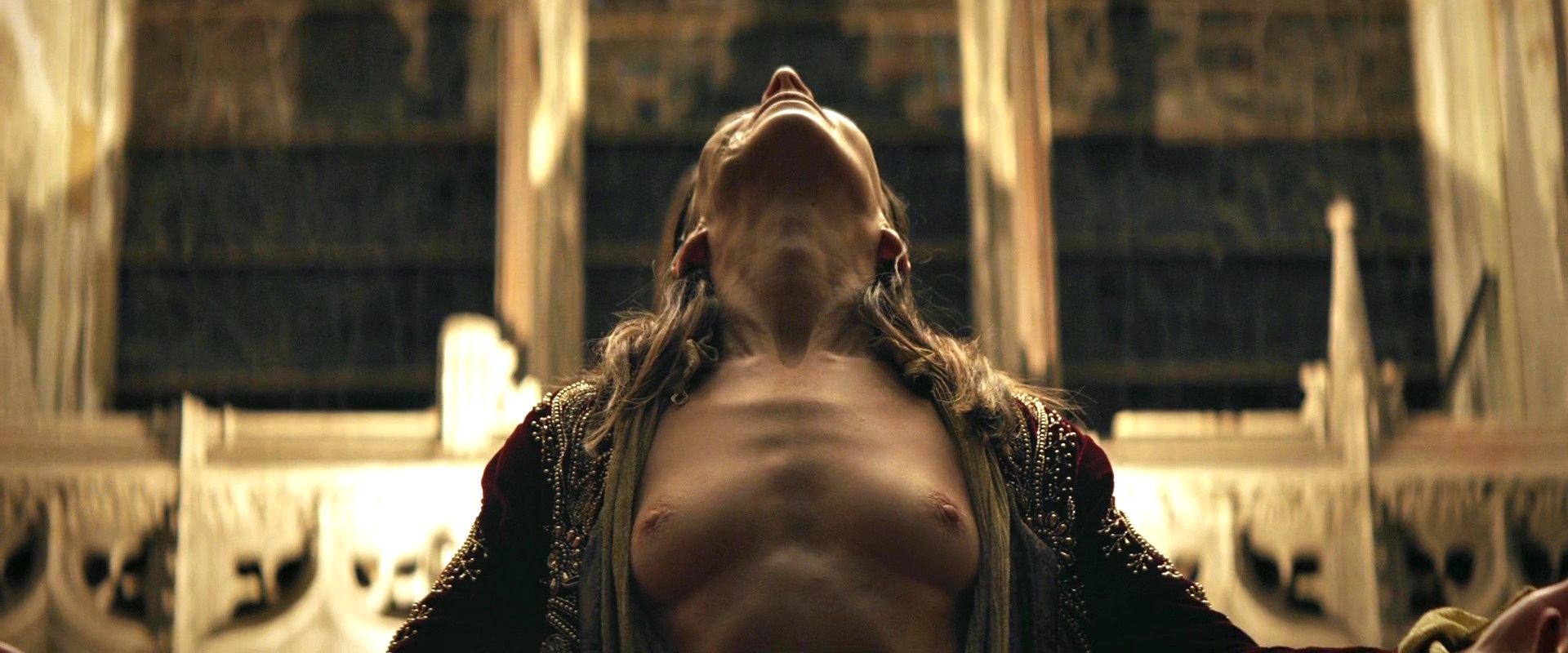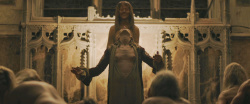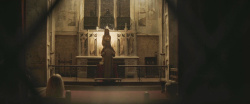Day: October 25, 2022
From getting ‘messages’ to enjoying a ‘piece’ – the most popular phrases that always cause confusion for non-Scots.
Good pic, but it’s a Drunken Stepfather link, and many people get hijacked by those.
I found out today that the link works fine for me on my computer, but gets hijacked when I use my phone with my home wi-fi. Since both links came from the same IP, and both links came from Other Crap, and I used Chrome for both links, by the process of elimination it must be something in the operating system or device identification. People have reported the problem on both Android and Apple phones, so it is not specific to a single OS. That’s all I know so far. Has anyone been hijacked while using a laptop or desktop computer?
At any rate …
So far, our commenters have concluded that the links are safe if you copy the URL, then paste it into your address bar.
Or you could just ignore them.
So … caveat surfor
Another pic from that vacation shows that Pink is ripped at 43.
More of La Daddario in that dress
“He that outlives this day, and comes safe home,
Will stand a tip-toe when the day is named,
And rouse him at the name of Crispian.
He that shall live this day, and see old age,
Will yearly on the vigil feast his neighbours,
And say ‘To-morrow is Saint Crispian:’
Then will he strip his sleeve and show his scars.
And say ‘These wounds I had on Crispin’s day.’
Old men forget: yet all shall be forgot,
But he’ll remember with advantages
What feats he did that day: then shall our names.
Familiar in his mouth as household words
Harry the king, Bedford and Exeter,
Warwick and Talbot, Salisbury and Gloucester,
Be in their flowing cups freshly remember’d.
This story shall the good man teach his son;
And Crispin Crispian shall ne’er go by,
From this day to the ending of the world,
But we in it shall be remember’d;
We few, we happy few, we band of brothers;
For he to-day that sheds his blood with me
Shall be my brother; be he ne’er so vile,
This day shall gentle his condition:
And gentlemen in England now a-bed
Shall think themselves accursed they were not here,
And hold their manhoods cheap whiles any speaks
That fought with us upon Saint Crispin’s day.”
Shakespeare, Henry V (Act IV, Scene III),
It was on October 25th in 1415 that Henry V of England led his troops to a resounding victory over France at Agincourt, although the English were greatly outnumbered (perhaps 4-1; estimates vary), and fighting on French territory. Making victory even less likely was the fact that his troops were basically on foot, forced to confront armed and mounted knights.
Henry had one important thing on his side – longbows. He had some 5,000 archers and they had plenty of arrows. He also had the ideal setting for his archers to confront the French cavalry. The battlefield was a narrow, muddy opening between two dense forests, basically the worst possible conditions for the French attacks. The mud impeded the French advances, while the dense woodlands made it impossible for the French to create flanking or rear attacks. The terrain basically funneled them into direct charges, straight into hail after hail of English arrows. The horsemen who successfully approached the English lines found that the archers were protected from cavalry charges by sharpened, outward-facing stakes. In the narrow opening afforded them, with piles of bodies to their rear, dense forests on either side, and thousands of well-sheltered English longbowmen in front of them, the French could neither charge nor retreat effectively. It was less a battle than a slaughter. The English were merciless. Historians estimate that the archers fired at least a hundred thousand arrows that day, perhaps as many as a half-million. The piles of French bodies were so high that it was difficult to identify exactly who did die that day. Some of their wives had to find out over time, simply from the fact that their husbands never returned. The bloodshed didn’t even end with the eventual French retreat. The English killed the vast majority of their prisoners, sparing only those of the very highest ranks. Henry even ordered the killing of some men worth ransoming.
Here is a concise description of the action:
Per Wikipedia:
“The French had suffered a catastrophic defeat. In all, around 6,000 of their fighting men lay dead on the ground. The list of casualties, one historian has noted, “read like a roll call of the military and political leaders of the past generation”. Among them were 90–120 great lords and bannerets killed, including three dukes, nine counts and one viscount, also an archbishop. Of the great royal office holders, France lost its constable, an admiral, the Master of Crossbowmen, Master of the Royal Household and prévôt of the marshals. 3,069 knights and squires were killed, while at least 2,600 more corpses were found without coats of arms to identify them. Entire noble families were wiped out in the male line, and in some regions an entire generation of landed nobility was annihilated. The bailiffs of nine major northern towns were killed, often along with their sons, relatives and supporters. In the words of Juliet Barker, the battle “cut a great swath through the natural leaders of French society. Estimates of the number of prisoners vary between 700 and 2,200, amongst them the dukes of Orléans and Bourbon, the counts of Eu, Vendôme, Richemont (brother of the Duke of Brittany and stepbrother of Henry V) and Harcourt, and marshal Jean Le Maingre.”
In contrast, Shakespeare contended that the English casualties amounted to 29 men, of which 25 were commoners.
(Cough. Cough.)
OK, that was a bit of bullshit, let’s call it chauvinistic exaggeration by the Bard of Avon. He was not a historian, but a literary man sucking up to the English monarchy. The English probably lost about 300-400 men, but only a small number of those were magnates. Exaggeration aside, it was one of the greatest military successes in human history, since it not only destroyed a numerically superior force and most of its key officers, but it humbled and weakened France so completely that within five years the French royals had declared that the English Henry was the heir to the French throne!
(He would die about two years after that agreement without ever having sat on that throne.)
More important than any of that to us today is that the victory inspired one of Shakespeare’s best monologues, as cited above and shown below. Ol’ Shakey often used his monologues to deliver melancholy, philosophical ruminations about the fragility of life, but this was different. It was a stirring call to action for country and brotherhood.












